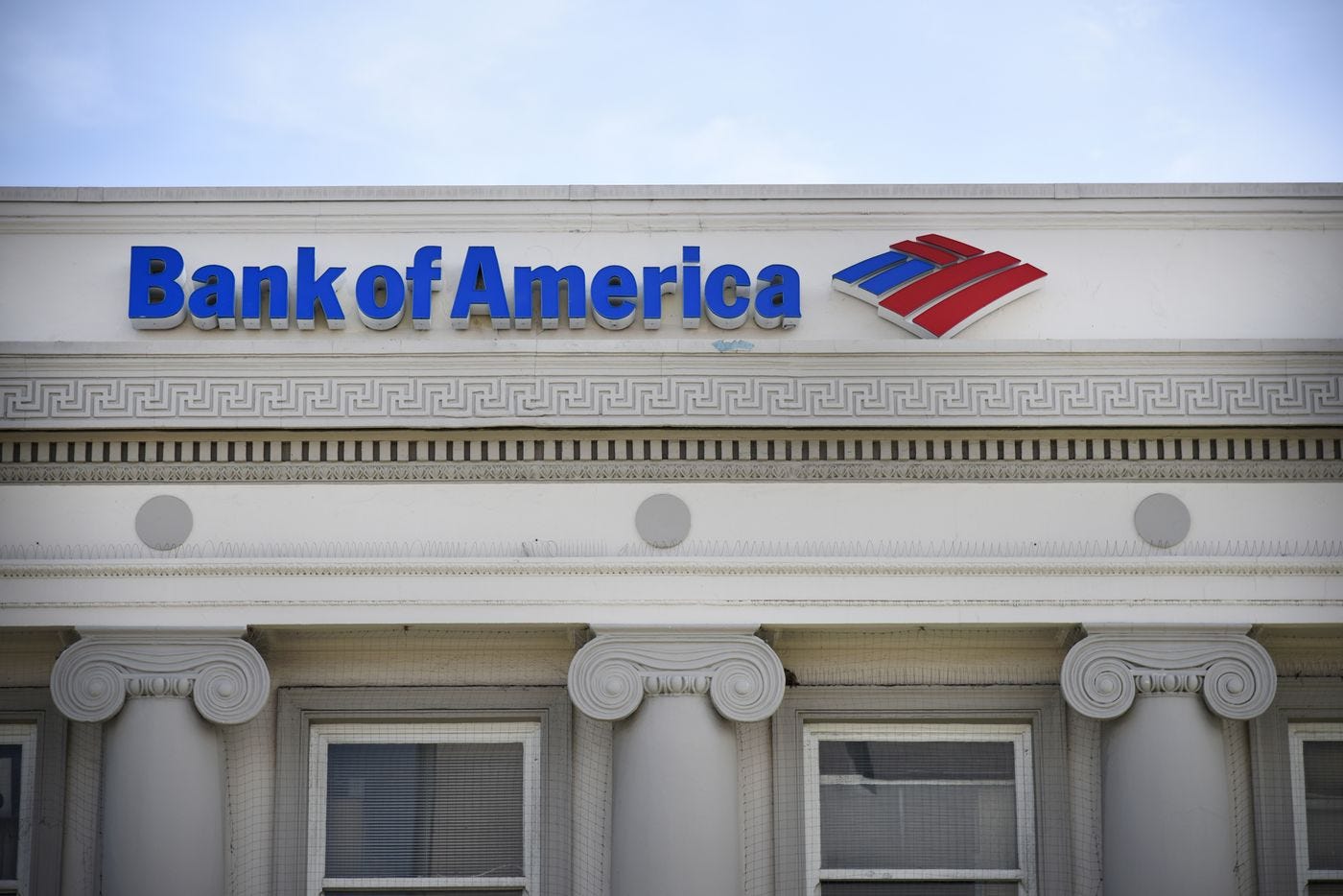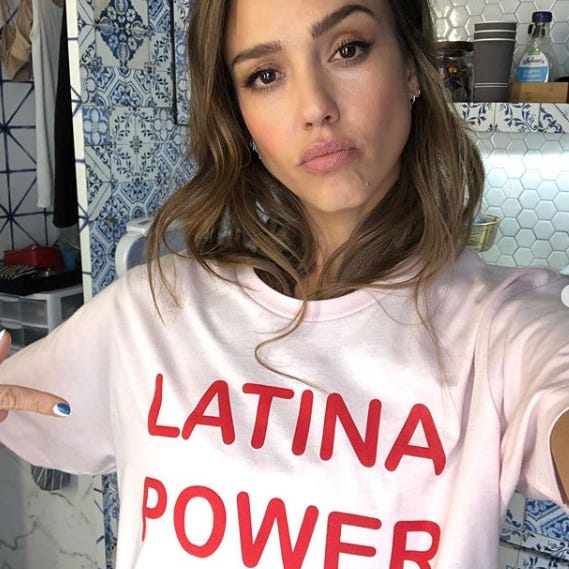Welcome back from Labor Day weekend, mi gente! We had a few big announcements in the last week, so we’re diving right in:
If the Bank of America no-down payment mortgage pilot announced late last week left you pensive, know you’re not alone. TL;DR: Last week, the bank announced a trial program aimed at helping first-time homebuyers in Black and Hispanic neighborhoods by offering mortgages that don’t require down payments, closing costs or minimum credit scores, which have historically been barriers for these two cohorts to gain access to homeownership. Instead of being evaluated for a home loan based on a credit score, applicants will be rated based on making their essential bill payments on time (rent, utility, phone, etc) in major metropolitan areas where they reside, including Dallas, Detroit, Los Angeles, Miami and Charlotte, North Carolina with the potential to expand further. And while this sounds like a deal, it’s understandable that some of the program’s target demographic is skeptical.
The history of big banks’ relationship with people of color has been a rocky one. Just over 10 years ago in fact, it was Bank of America that paid $335 million to settle the Justice Department’s allegations that one of its units charged higher rates and fees to qualified Black and Hispanic borrowers “because of their race or national origin.” Two years ago, Black and Hispanic applicants were more likely to be rejected for mortgage loans than their white or Asian counterparts, per the National Association of Realtors.
Meanwhile, Wells Fargo across the table had concerning figures of its own as late as 2020, when just 47% of Black homeowners who completed a mortgage refinance application were approved, compared with 72% of White homeowners. Ten years ago, Wells Fargo paid $175 million for allegations that it imposed higher rates and fees on mortgages African-Americans and Hispanics even when they qualified for better opportunities.
This troubled past coupled with promises from large companies to combat racial inequity following a tumultuous 2020 leaves plenty of room for scrutiny. NPR had a very informative piece drop over the weekend revealing what experts on all sides say about the program. A big takeaway? This program may be a start to help Black and Hispanic cohorts gain access to homeownership, but there will need to be more work done in the areas it targets to ensure long-term success and empower new homeowners to thrive in their communities:
"It's not that we just get folks into the home, but that we're also able to help them have the savings, the resources necessary to make sure their homes are safe and healthy in the long run," Samira Payne, director of community revitalization at Rebuilding Together, a nonprofit group that focuses on safe and healthy housing, told NPR.
Con poder,
Lyanne
Headlines to put on your radar.
JZD’s Shirt Brand Makes It To Target: Congratulations are in order to Jennifer Serrano and Veronica Vasquez, the couple behind the apparel brand focused on celebrating Latinx culture. Best known for their Latina Power t-shirt worn by celebrities the likes of Jessica Alba, the brand started in 2016 and since then has exploded on social media. Landing in Target is no small feat, and on this momentous announcement, we recall a quote from Jen Zeano in The Mujerista about building her brand for aspiring entrepreneurs:
"Create that perfect moment and just go for it. So many times we feel like we need to be 100% prepared, but the truth is there will always be things we don't know, so just go for it and figure out the rest as you go."
What Bank of America's mortgage pilot can and can't fix for homeownership disparities : Experts share what BofA’s new program can help with in the Black and Latinx communities, and where it will need to further invest in communities to ensure the success of homeowners.
Thank you for joining us! Until next week, catch us here on Moneda Moves.







Bank of America also got rid of overdraft fees this year after a horrible track record of siphoning money from black and brown communities for years. I wrote about my experience getting scammed out of almost $1K about 15 years ago. Anyway, they're definitely in crisis communications mode because of these federal regulators scrutinizing (FINALLY) some of these predatory practices. But even if they do the right thing for the right reasons, I'll take it. The question is, with interest rates and home prices so high, how much will this policy actually help. We gotta keep an eye on that. Thanks for writing, Lyanne.